Search
Did you mean: Nile?
Search Results
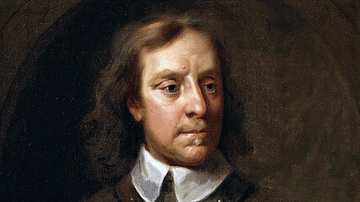
Definition
Oliver Cromwell
Oliver Cromwell (1599-1658) was an accomplished cavalry commander, then head of Parliament's New Model Army, and finally Lord Protector of England, Scotland, and Ireland. The latter title was awarded to Cromwell for life after the bloody...
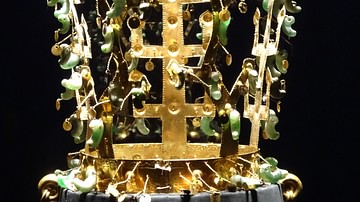
Definition
Silla
The Silla kingdom ruled south-eastern Korea during the Three Kingdoms period from the 1st century BCE to 7th century CE. The capital was Geumseong (Gyeongju) with a centralised government and hierarchical system of social ranks. The prosperity...
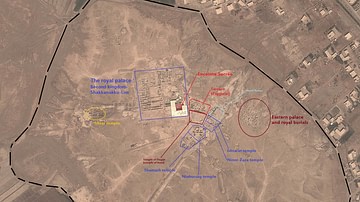
Definition
Mari
Mari was a city-state located near the west bank of the Euphrates River in Northern Mesopotamia (now eastern Syria) during the Early Bronze Age and the Middle Bronze Age. One of the earliest known planned cities, Mari is believed to have...
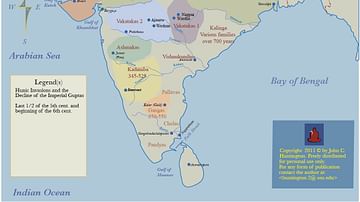
Definition
White Huns (Hephthalites)
The White Huns were a race of largely nomadic peoples who were a part of the Hunnic tribes of Central Asia. They ruled over an expansive area stretching from the Central Asian lands all the way to the Western Indian Subcontinent. Although...
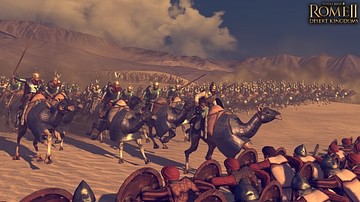
Definition
Kingdom of Saba
Saba (also given as Sheba) was a kingdom in southern Arabia (region of modern-day Yemen) which flourished between the 8th century BCE and 275 CE when it was conquered by the neighboring Himyarites. Although these are the most commonly accepted...
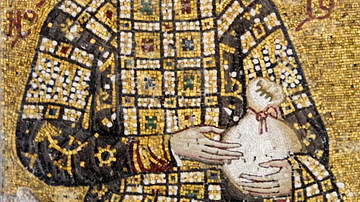
Definition
Byzantine Emperor
The Byzantine Emperor ruled as an absolute monarch in an institution which lasted from the 4th to 15th century CE. Aided by ministers, high-ranking nobility, and key church figures, the emperor (and sometimes empress) was commander-in-chief...
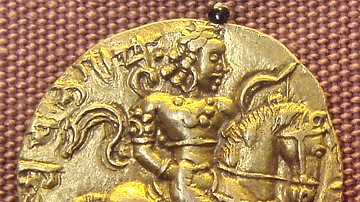
Definition
Chandragupta II
Chandragupta II (c. 375 CE - 413/14 CE) was the next great Gupta emperor after his father Samudragupta (335/350 - 370/380 CE). He proved to be an able ruler and conqueror with many achievements to his credit. He came to be known by his title...
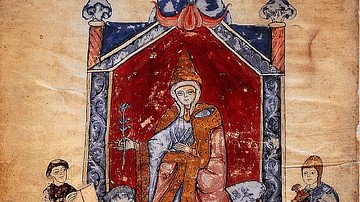
Definition
Matilda of Tuscany
Matilda of Canossa (c. 1046-1115), the Countess of Tuscany (r. 1055-1115) and Vice-Queen of Italy (r. 1111-1115), was the final head of the noble House of Canossa following the deaths of her father in 1052 and her elder brother in 1055. One...
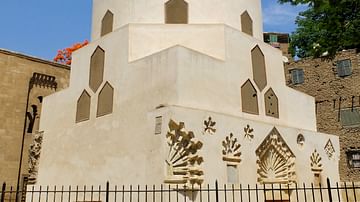
Definition
Shajara al-Durr
Shajara al-Durr (r. 1250) was the founder of the Mamluk Dynasty in Egypt, and she was the first and only woman to sit on the Islamic Egyptian throne. She held the title of sultana for only 80 days but left a lasting mark through architectural...
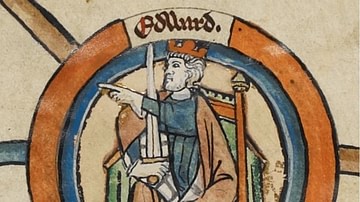
Definition
Edward the Elder
Edward the Elder (r. 899-924) was the son of Alfred the Great (r. 871-899) and the King of the Anglo-Saxons in the early 10th century. He is known for his military victories over the Vikings of East Anglia and the East Midlands and for consolidating...